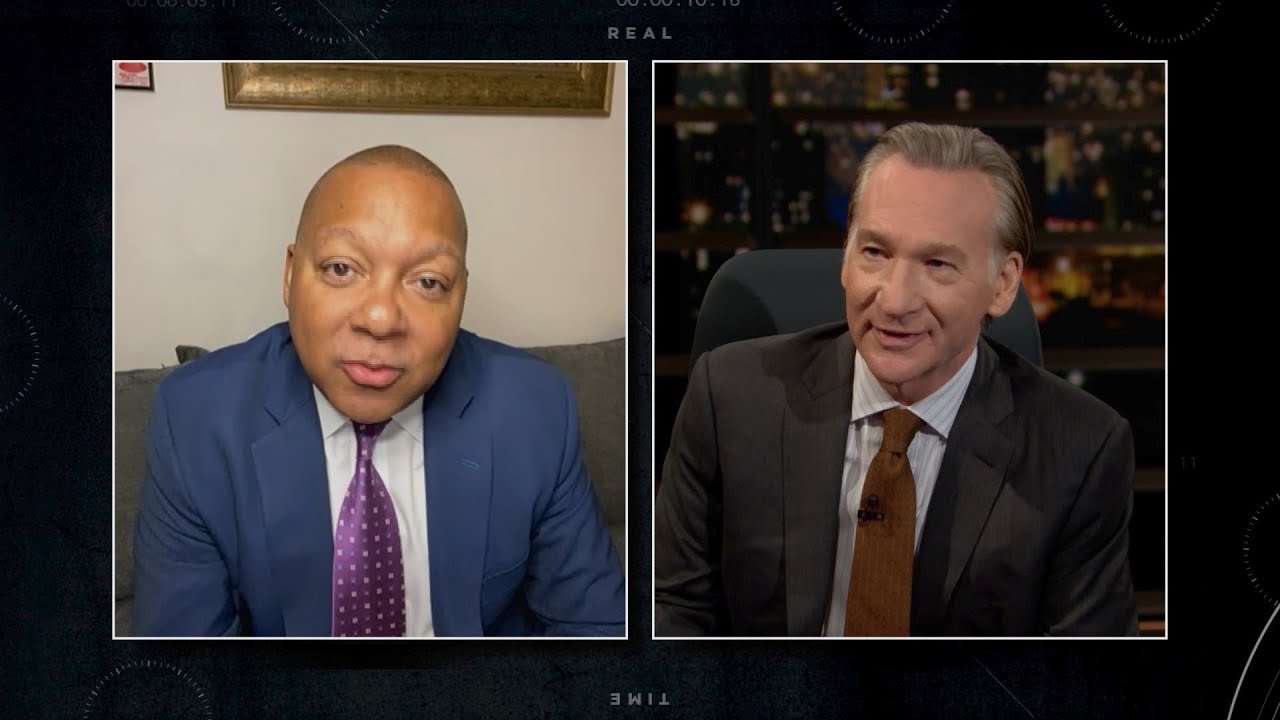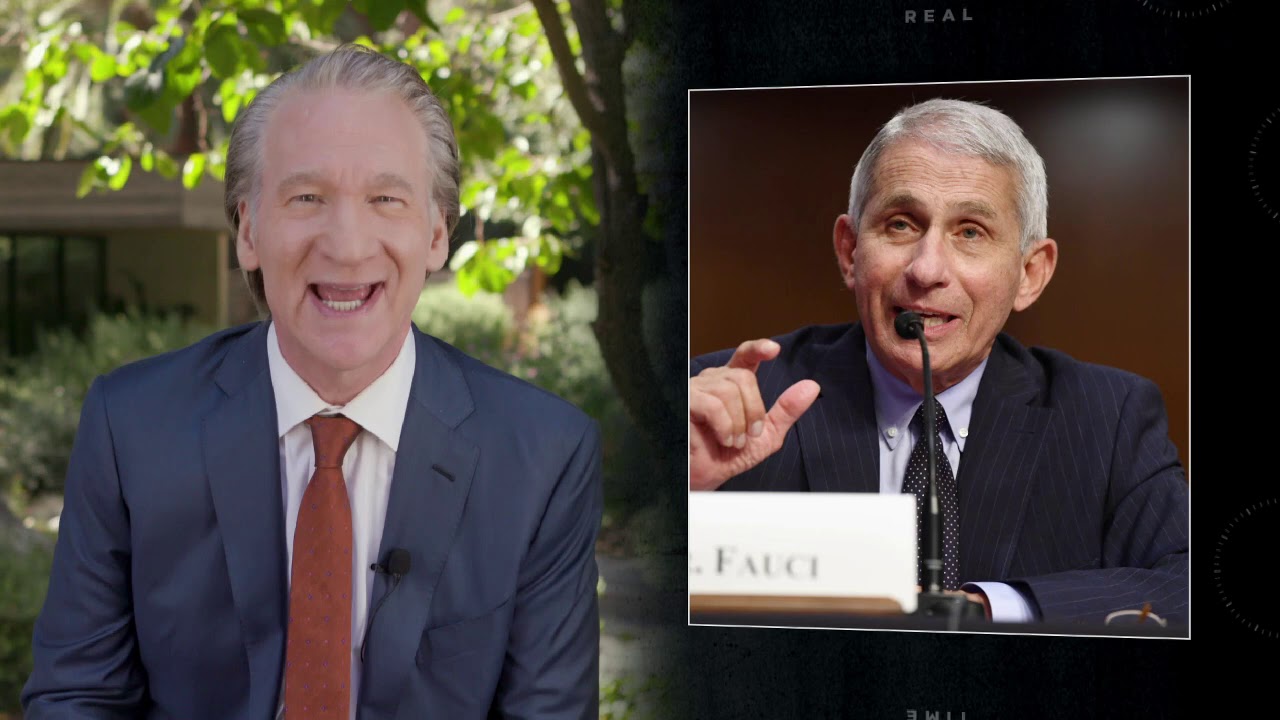“Are we making history?” Bill Maher asked — and the (very small) studio audience present applauded. This was the scene for the latest episode of Real Time With Bill Maher, which found Maher returning to the studio, where the episode played out with a small but vocal group of people in the audience, all masked and socially distanced. (Maher mentioned that they’d also been tested for COVID-19.) And while it borders on stating the obvious, having an audience there — rather than the canned laughter and repurposed crowd footage of past episodes — made Maher a little sharper in his delivery than usual.
The wildfires devastating the west coast provided Maher with plenty to riff on, including one bit that invoked the ash falling as a result. “It’s like the 80s all over again — my nose is running and there’s white powder in my car,” Maher quipped.
The presence of a live audience also meant that some (though not, for this episode, all) of Maher’s guests were also present in the studio. The first interviewee appeared via video — former FBI agent Peter Strzok, author of the new book Compromised: Counterintelligence and the Threat of Donald J. Trump. Maher’s interview with Strzok covered a lot of ground, from the intelligence investigation of the Trump campaign several years ago to the ideological shift that’s left many on the political right more suspicious of institutions like the FBI than they once were.
Strzok and Maher also discussed some currently-classified information which Strzok has suggested could have an adverse effect on the Trump re-election campaign. That led to a larger discussion of what information had and had not been declassified — and what bearing this might have on the figure of the country.
Strzok appeared over Zoom, but Maher’s next two guests remained at a safe distance on the set itself. These were Good Luck America host Peter Hamby and former CNN Chief White House Correspondent Jessica Yellin. Up for discussion: whether or not Donald Trump’s defiance of norms will apply for future presidents, and the gulf between the national popular and electoral votes. Both Hamby and Yellin seemed optimistic about Joe Biden’s chances; Maher seemed more unnerved.
Maher also brought up his concerns that Trump would gain ground over Biden via protests and social unrest. Yellin took a more tempered view, noting that media coverage of many protests had minimized the issues at hand in favor of a more sensationalized approach. From there, the discussion turned to the subject of Jessica Krug, the white academic who revealed recently that she was not, as she had previously stated, a Black writer. Here, the same dynamic continued, with Maher and Hamby taking a more alarmist view and Yellin offering a more nuanced take on things.
The last interviewee of the episode? Ewan McGregor, there to promote his new docuseries Long Way Up. McGregor spoke about his penchant for expansive journeys by motorcycle. Long Way Up is the third project he’s made documenting such a trip, each with his friend Charley Boorman. Long Way Up documents a journey made by the duo from the southern tip of South America to Los Angeles, using electric motorcycles to get themselves there. The logistics of this — and the difficultly of charging electric vehicles in the Americas — was one of the interview’s focal points.
Their conversation shifted from there to McGregor’s stance on Scottish independence. McGregor noted that, while he’d been in favor of a union until recently, the Brexit vote (and what it revealed) changed his mind — specifically, via making it very clear that Scotland and the rest of the United Kingdom were headed in very different directions. “I think it’s time,” McGregor said.
Maher’s “New Rules” segment brought the episode to a close. Many of his targets were fairly broad — gender reveal parties causing wildfires are the equivalent of fish in a barrel for a satirist, after all — but it ended in an unexpected place, with Maher testifying to the importance of the work that teachers do. That, in turn, led to an extensive critique of helicopter parenting, which Maher brought to a grander sociological level. Like the episode itself, it was a wide-ranging argument, but not without some solid points being made.
Subscribe here for our free daily newsletter.
Thanks for reading InsideHook. Sign up for our daily newsletter and be in the know.

















